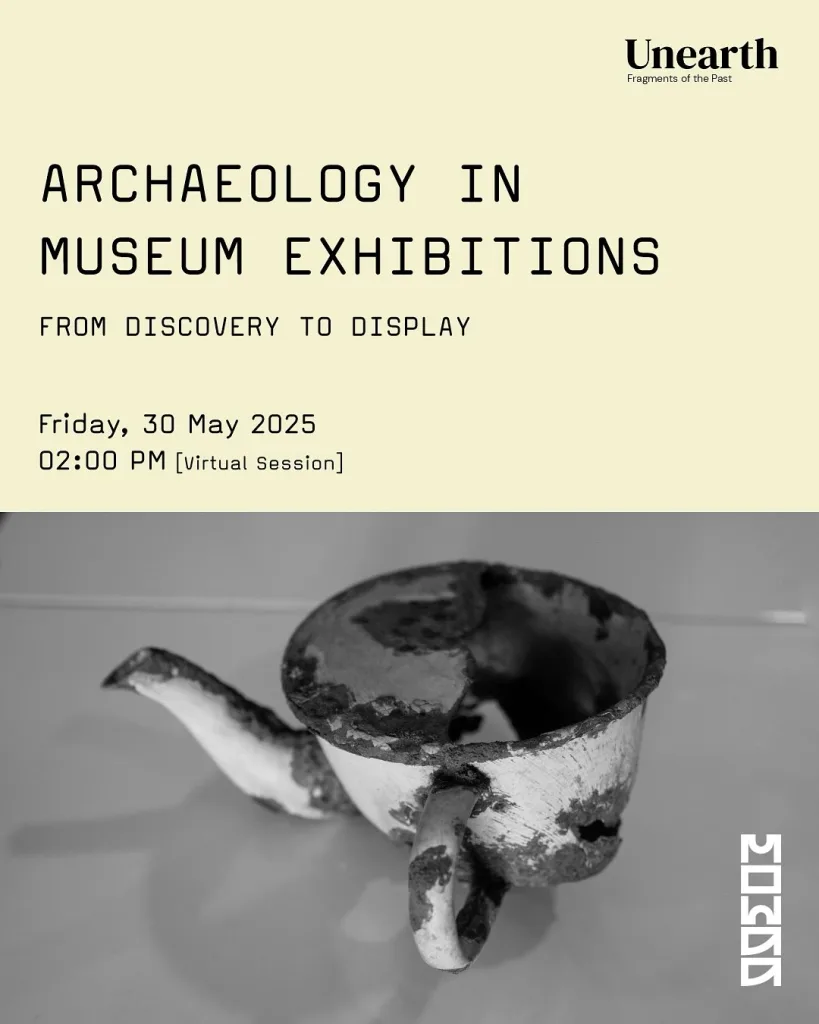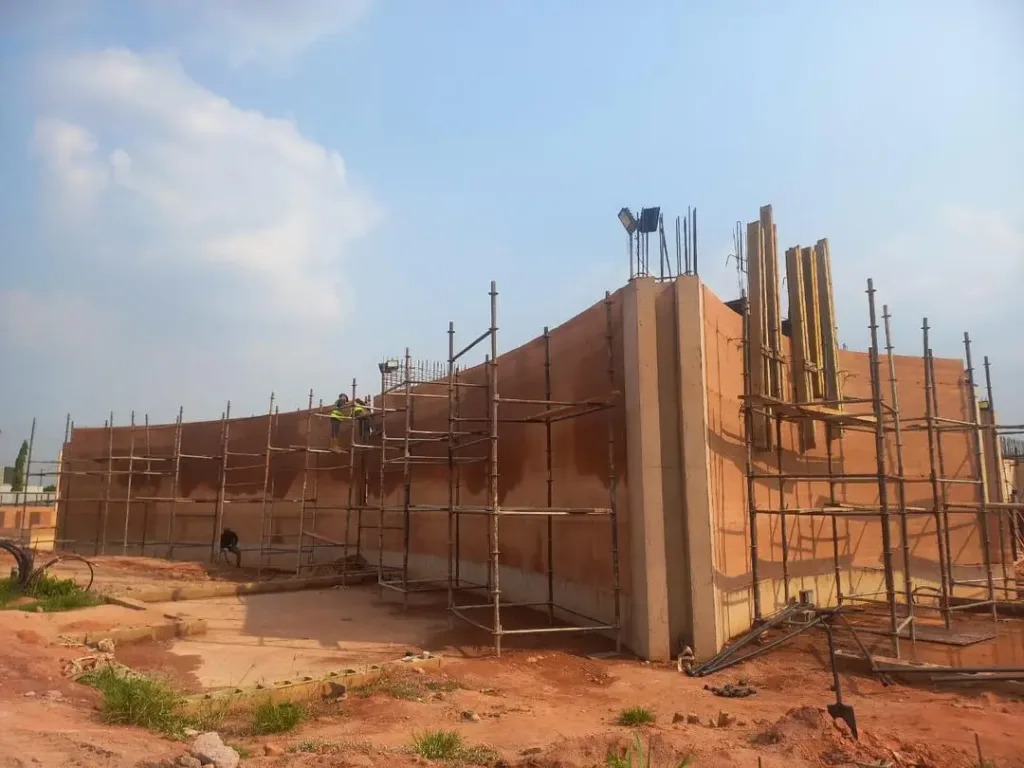It’s easy to market and capitalize on education, but teaching value is an entirely different challenge.
The African higher education system continues to be a point of intrigue for social researchers. As the world shifts toward a more service-based and knowledge-driven society, the global rise of African scholars is drawing attention from economic powerhouses around the world. According to “African futures” by Valerie Arnould and Francesco Strazzari, by 2050, Africa is projected to have the largest youth population on the planet. This demographic surge presents immense potential for innovation, particularly in driving efficiency and strengthening the continent’s manufacturing sector. Amid this shift, an important question arises: where do arts and culture fit into this transformation? How can we leverage our current demographic to ensure we continue to thrive?

The recent emphasis on cultivating research cultures within local epistemic communities and professional associations has helped sharpen the collective focus of African people globally. These efforts have allowed diverse communities to better understand their cultural and physical landscapes, operating at their highest potential to improve homes, communities, cities, and even national economies and wellbeing. Arts, crafts, and culture have become powerful tools in engaging with these contemporary realities. They provide experimental and imaginative ways of interpreting and responding to our environments, rippling across various infrastructural sectors on the continent.
Artists remain at the forefront of this movement, alongside key stakeholders such as governments, museums, galleries, art dealers, collectors, and the general public. Through their work, they offer valuable insights into both contemporary and historical narratives—insights that increasingly influence institutions of higher education, research centers, innovation hubs, startups, and schools. This synergy is helping build a better future for Africa and its diaspora. In this context, Africa is becoming a “safe investment” for countries that are aligning their sustainability agendas with natural ecosystems and cultural heritage. Several nations have already begun investing heavily in African cultural infrastructure.
For instance, Abu Dhabi has invested heavily in the arts by launching multiple galleries, both virtual and physical. This builds on the growing number of prestigious galleries opening in the Gulf region, including the Guggenheim Museum, Art Basel, and Sotheby’s. Similarly, Île-de-France Forge recently signed a declaration of intent for a partnership, with Morocco’s Fondation Nationale des Musées (FNM). They have committed to building conservation and acquisition infrastructure for contemporary art in Morocco. Additionally, they are providing grants from the Île-de-France Regional Fund for Contemporary Art (Frac) to support education programs and the growing community of creatives and art enthusiasts across the continent.
In the continent, The Museum of West African Art (MOWAA) in Nigeria and Zeitz MOCAA in South Africa are actively fostering cross-cultural collaborations and community education.In September, Zeitz MOCAA will lead a Curated Art Tour to Rwanda and Uganda, offering artists and patrons immersive experiences through studio visits, cultural institutions, and heritage sitesThis furthers the Museum’s ongoing mission to strengthen cross-cultural collaborations across the continent, honoring the visionary legacy of the late Madame Koyo Kouoh.

Listen to 3 Truths No Lie podcast by Glitch Africa Studios featuring 2027 Kenyan presidential candidate Jimmy Wanjigi—offering insights relevant to Africa’s education, culture, and future development.
Click here to view MOWWA’s curated talks and workshops.


